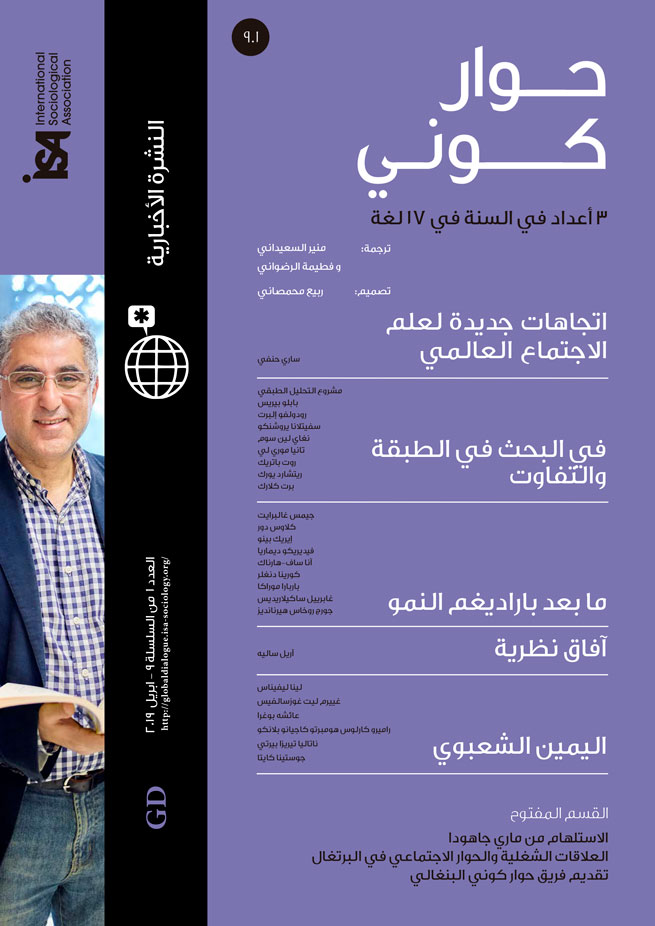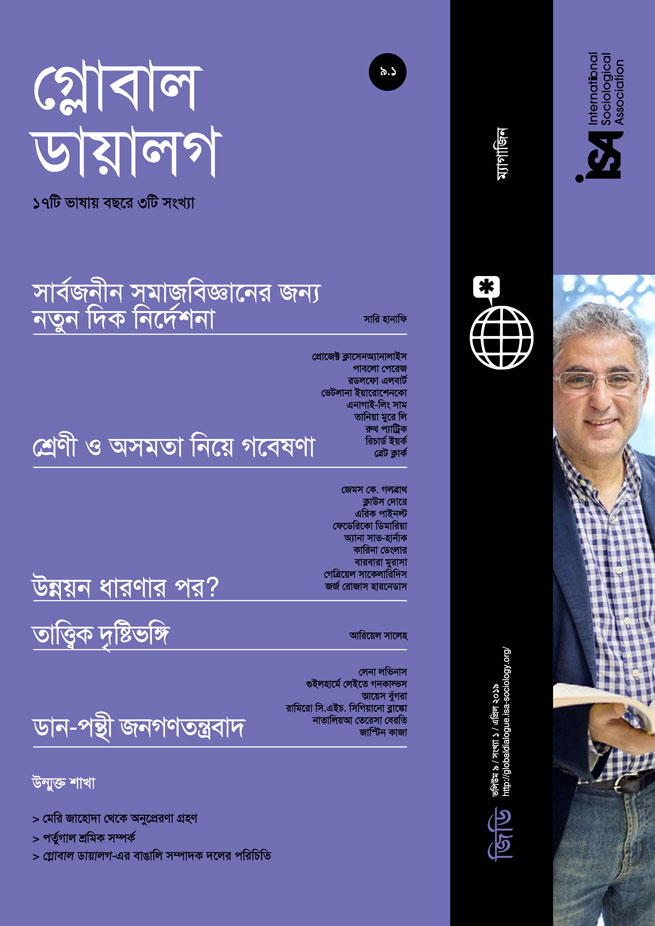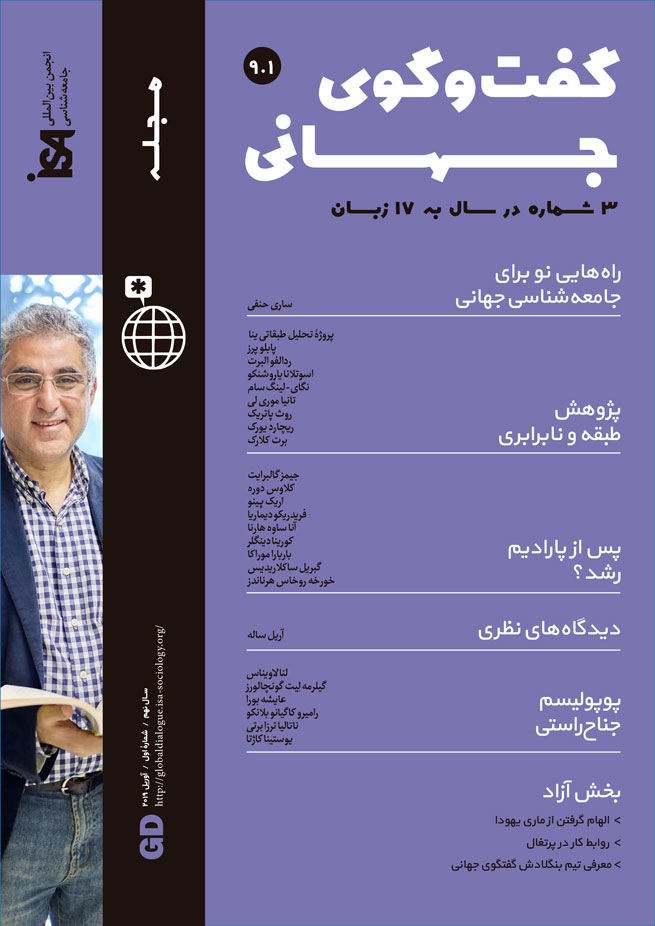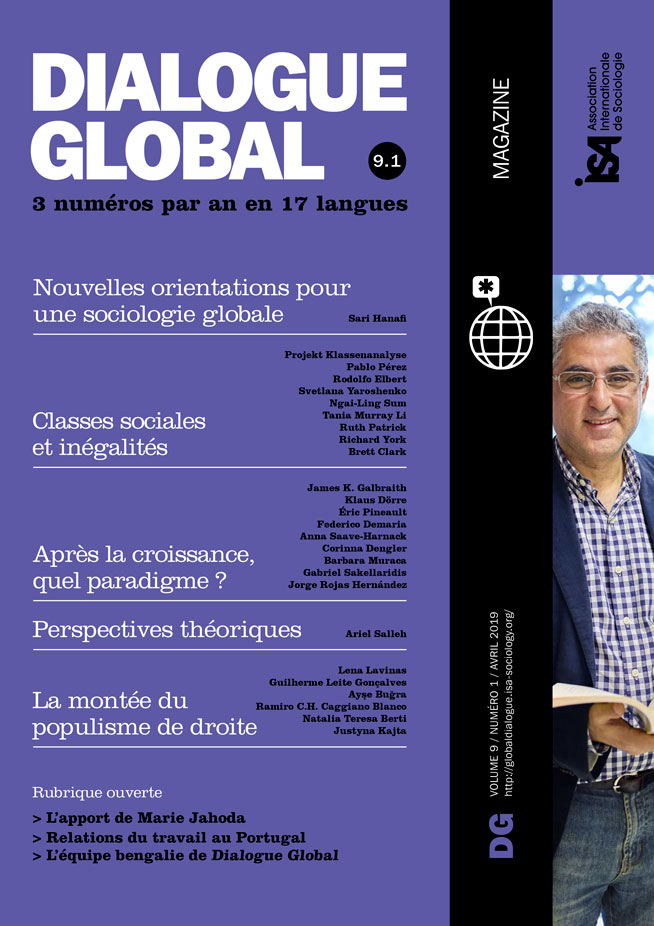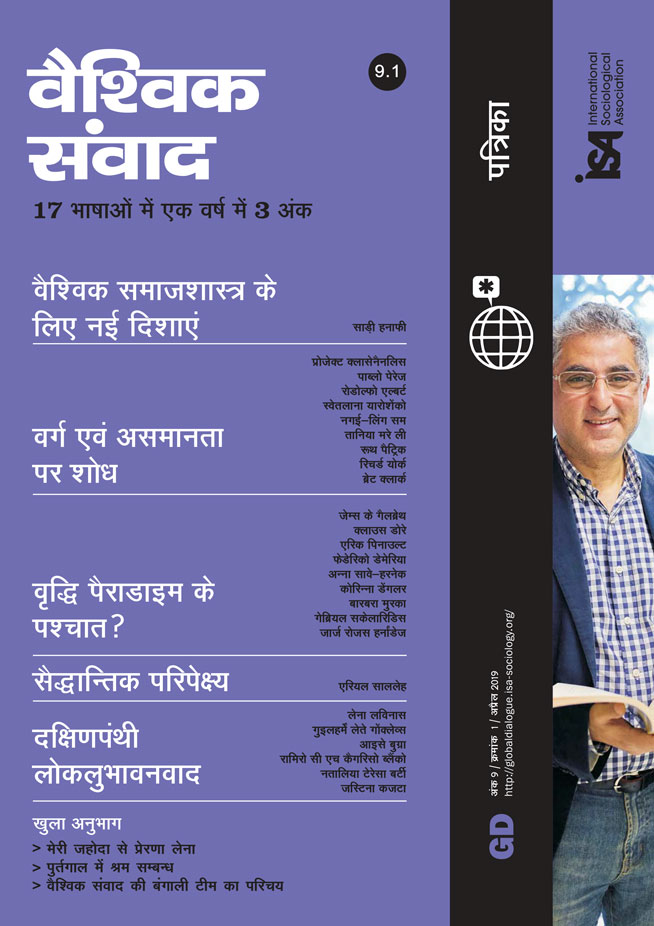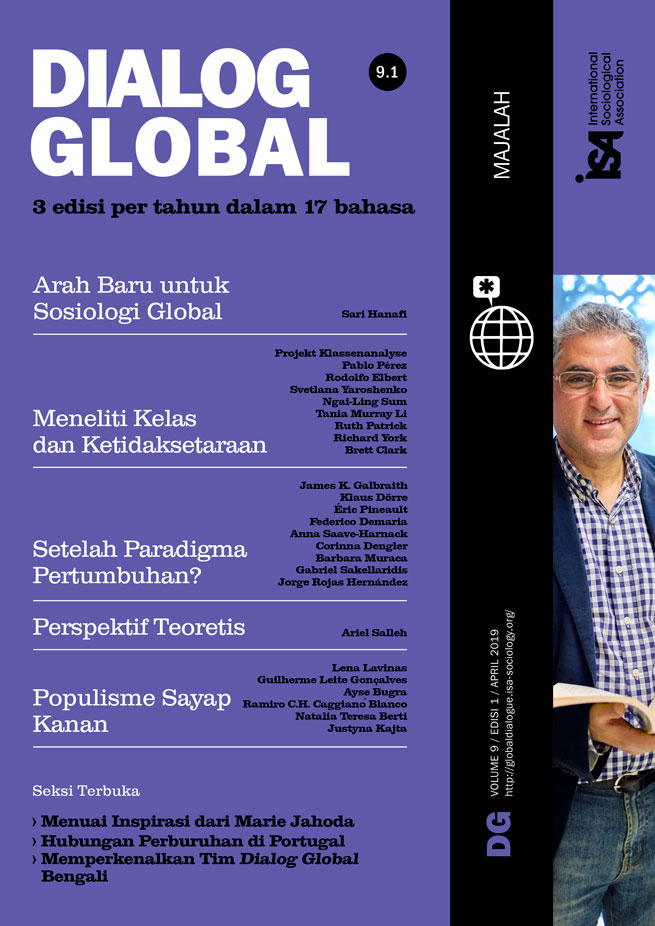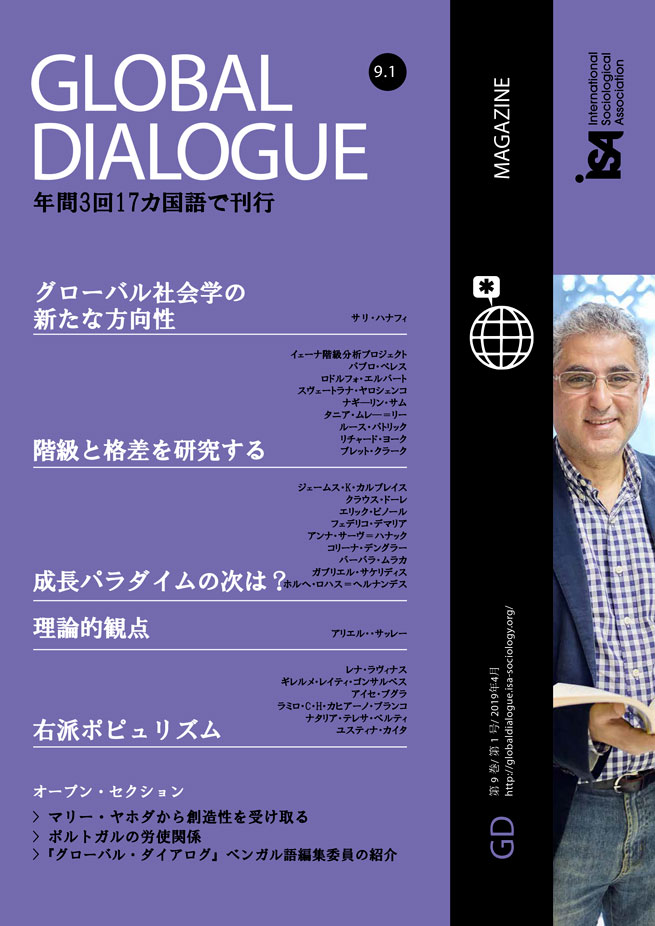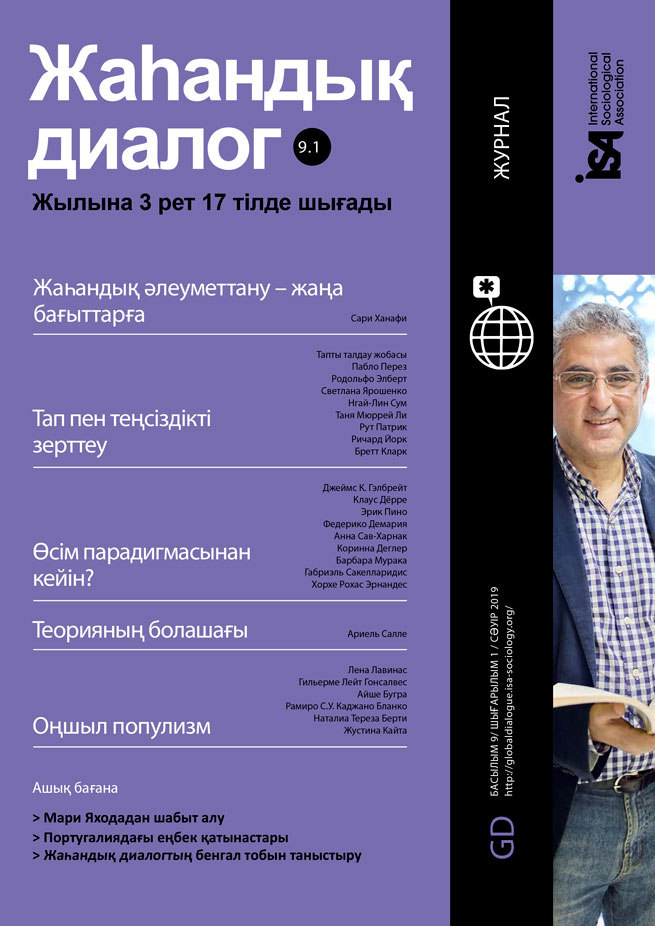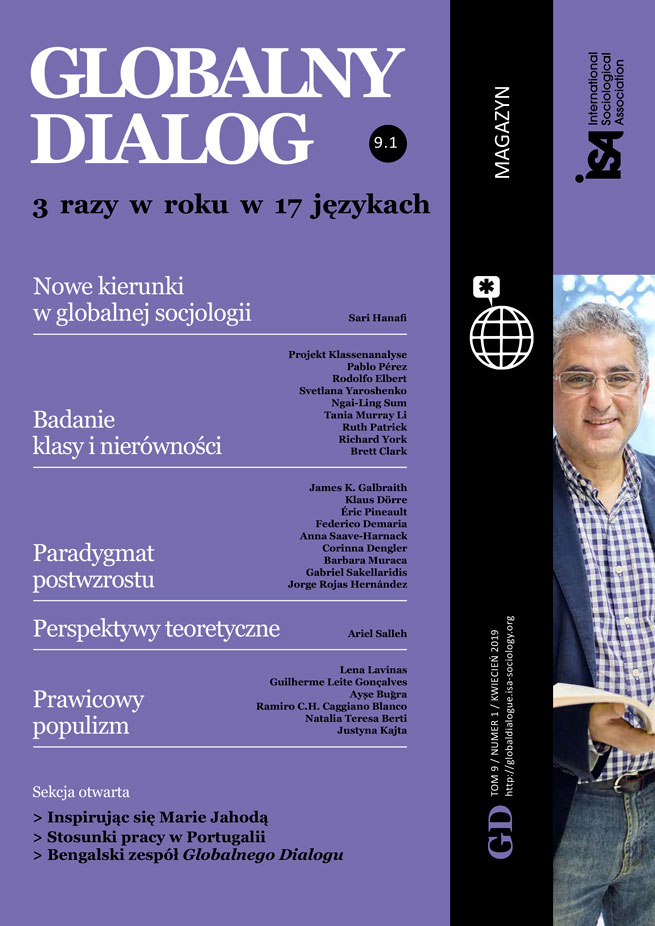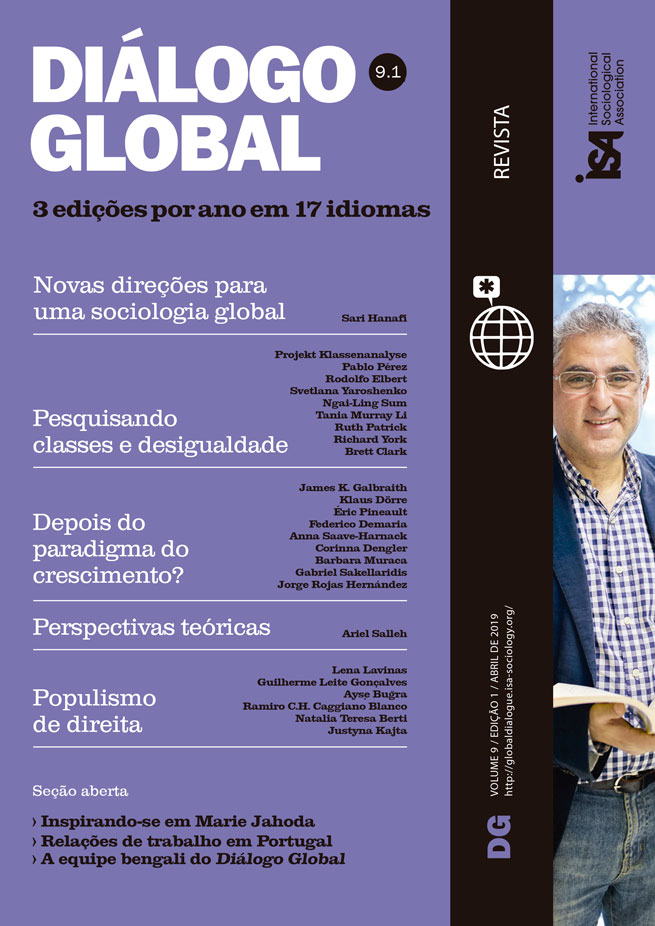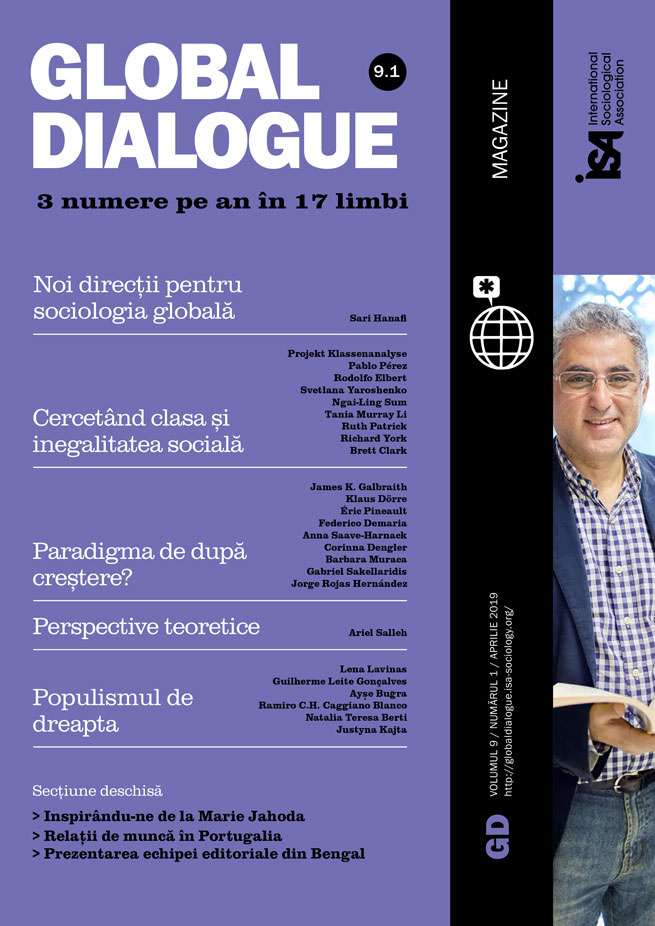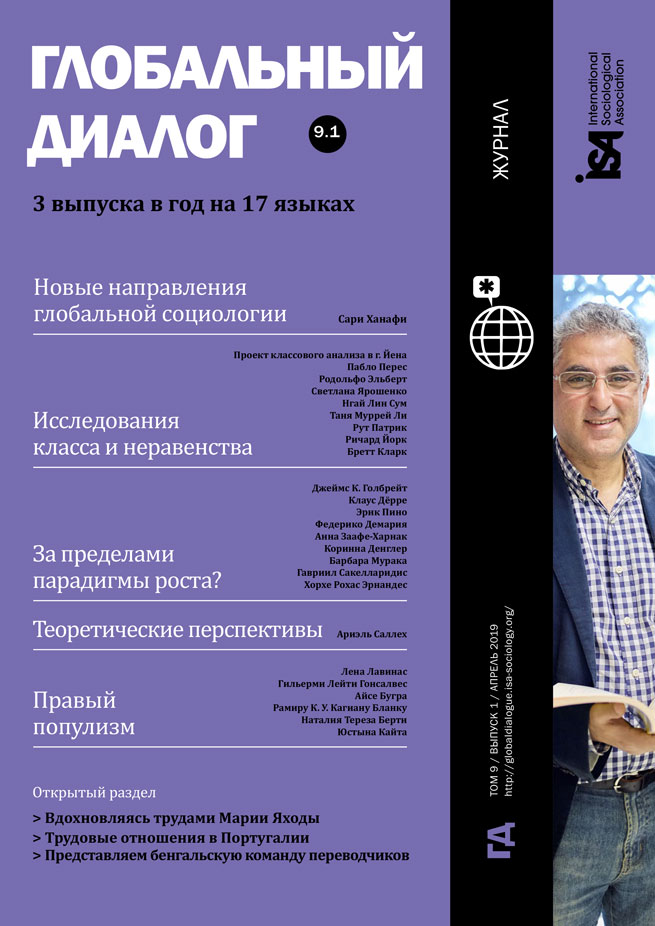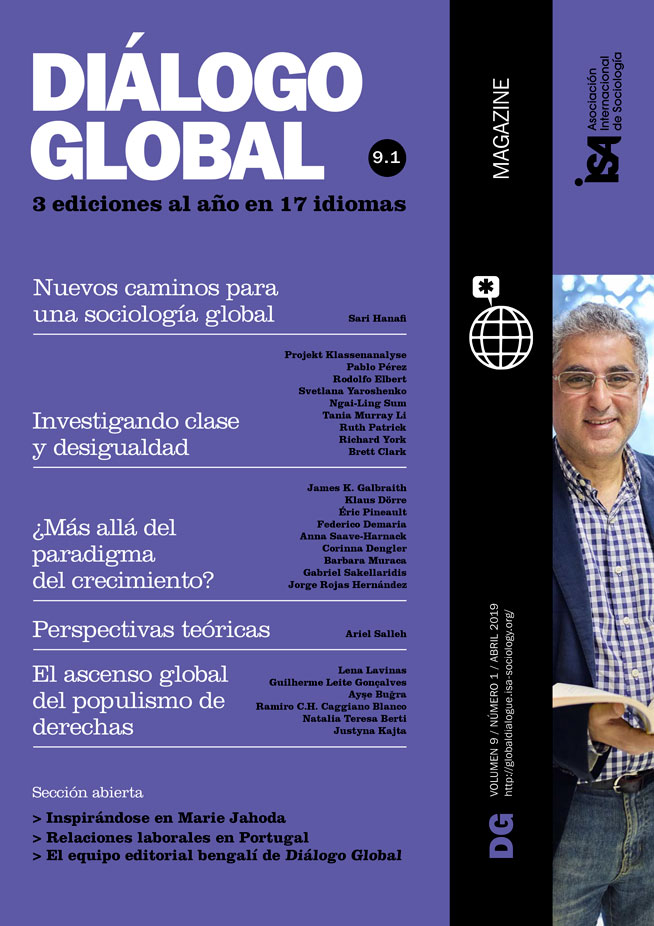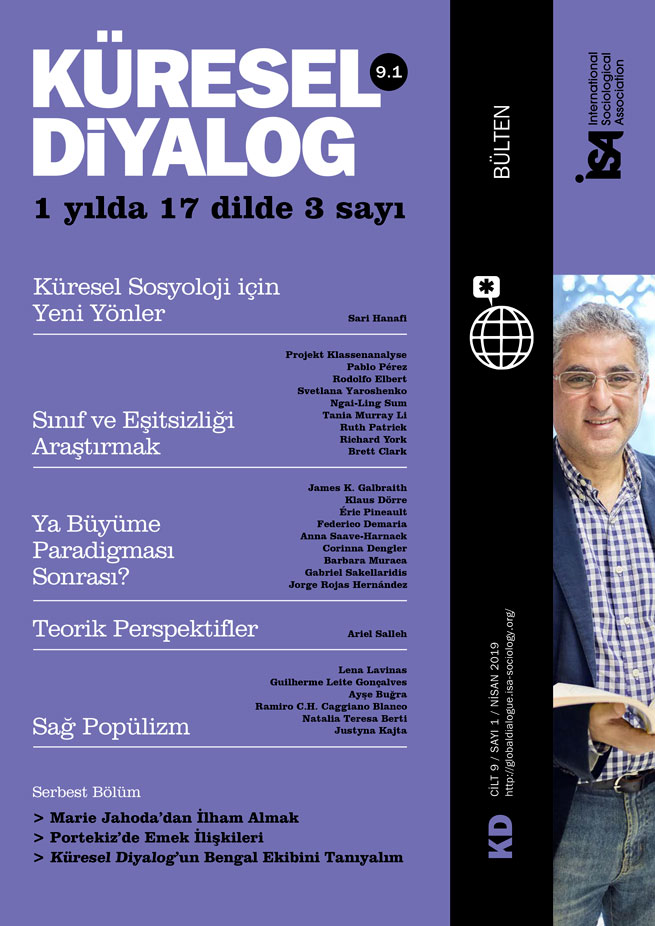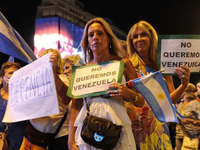Radical Nationalism as a New Counterculture in Poland?

March 14, 2019
The growing support for nationalist and right-wing populist parties has been of concern for sociologists and democratic policy-makers in many countries in recent years. In Poland, radical nationalist organizations have been more visible since 2015, when the right-wing conservative Law and Justice (PiS) party won the parliamentary elections. A similar increase in nationalist discourses can be seen in countries across Europe and elsewhere, where populist radical right parties attract votes through mobilizing around topics such as migration and sovereignty.
What does radical nationalism in Poland stand for at the present moment? What does it mean to fight for “Great Poland”? In order to answer these questions I carried out research with members of nationalist organizations in Poland. I conducted biographical narrative interviews to trace their biographical paths to the organization as well as their motives and worldviews.
Looking at the ways in which the nationalists describe themselves and their activity, we can see four main discursive categories. Firstly, they see themselves as educators of new generations of patriots who know Polish history and promote the right political version of it. Secondly, they are defenders/(re)creators of Polish identity, based strictly on tradition and Catholic values. Thirdly, nationalists are anti-systemic activists who resist the “system,” broadly understood as the EU, the political establishment, post-1989 politics, and liberal media. Fourthly, they present themselves as socially and politically involved citizens who – in contrast to the majority of Polish society – care about and are aware of possible threats.
Based on analyses of their narratives and materials published on their organizational websites, it can be said that the contemporary nationalist movement in Poland is a counter-postmodern social movement which resists liberalism and turns to tradition. It can be seen as a particular kind of counter-culture: anti-liberal (based on the - felt - dominance of liberal-left wing discourse and politics), anti-establishment, anti-EU, anti-heterogeneous. While the counterculture from the 1960s was based on progressive slogans, what we now observe is the (impossible) turn to the past, which is hard to imagine considering all the changes that have happened since then. What makes this counterculture even more peculiar is the fact that the government (PiS) seems to be part of it. Another problem is its failure to strictly define the period of the past/traditional order to which it seeks to return: the past works as a kind of abstract concept rather than a specific point of reference. The contemporary nationalist movement is also an anti-systemic movement that challenges the political class and the lack of real, in-depth transformation after 1989 (including the lack of de-communization and the easy transition of political elites into national elites). Participants in the movement are connected by culture, identity, and politics rather than economics. They share (1) a feeling of threat to the values (nation, religion, traditional family, history) believed to constitute the foundation of European civilization and Polishness; (2) the conviction that the political scene is full of hypocrisy; and (3) the conviction that the Polish nation has limited sovereignty.
Reality is seen in terms of stark dichotomies: at the most general level, the world is divided into “good” and “evil” (see Table 1). On the side of the “good” are the most important values for the organizations: European civilization, religion (Christianity), nation, and family. The values are described in reference to tradition, community, and moral order. They are considered native, natural, eternal, and hence, real. Additionally, we can observe two inseparable pair of categories - (1) Polish nation and Catholic faith and (2) European civilization and Christianity - that illustrate the centrality of religion in Polish nationalism. What dominates on the side of the “evil” is liberalism, which is seen as contradictory to the traditional worldview, and which is identified with (among others) the European Union. Together with materialism, relativism, and egalitarianism, liberalism destroys the former order and leads to the disintegration of community. Contrary to the “good” categories, the “evil” ones are invented and “forced” by external power/groups. In such a reality, the political class, the European Union, homosexuals, and refugees become the main enemies. They personify characteristics and phenomena which are seen as harmful, because they threaten the vision of a homogeneous, cohesive, and sovereign nation.
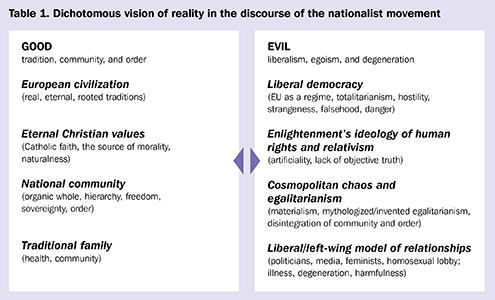
Radical nationalism is based on two salient emotions: uncertainty, and pride. Taking into consideration ongoing changes in political, economic, and cultural contexts at the national, European, and global levels, uncertainty is a common and shared feeling and in itself is not a sufficient condition to become a nationalist. However, radical nationalist discourse linked with the dichotomous vision of the world can appear as an answer to everyday problems, including those connected with the difficulties of maintaining a decent job, housing, and living standards. Stories about dangerous refugees imposing their culture and taking over social housing and jobs; sexual minorities abusing children; international corporations exploiting Polish workers; and liberals intentionally attacking Polish traditions and values are well received by some segments of Polish society. Such discourses bring easy answers and solid points of reference that deal with the burden of uncertainty by turning it into aversion towards invented enemies. Nationalism is also about national pride: a feeling manifested as a protest against the semi-peripheral position of Poland in the world. Similarly, as Maciej Gdula’s research on the Law and Justice voters shows, radical nationalism is a way of searching for the symbolic meaning of Poland and “rising from the knees.” There is a strong need to feel superior to others and to build a better - historically conscious and anchored - nationhood.
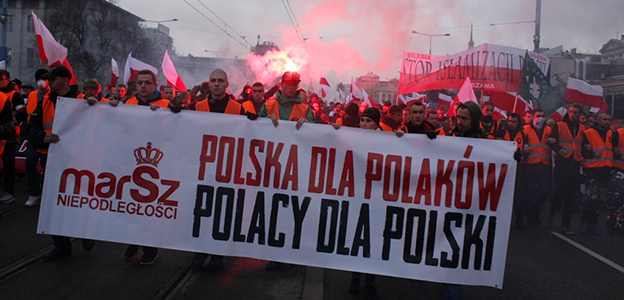
Will the Polish society be dominated by the wave of nationalist counterculture? On the one hand, it can be said that radical nationalism is not going to lose its support soon and it is pretty hard to estimate what kind of other discourse can replace it and easily explain the complexity of the contemporary world. What is more, nationalist organizations marched together with the Polish government during the Independence Day March on November 11, 2018, which shows that the political opportunity structure is favorable to their development. On the other hand, the representatives of oppositional, liberal and left-wing worldviews, despite of a less favorable political context, are still noticeable and active in the Polish society. One of the recent signs of their continuous relevance are the results of local elections: although PiS generally got the highest number of seats in regional governments, the inhabitants of the biggest cities in Poland elected more liberal candidates. What we can expect in the next few years is an increasing tension and conflict between cultural discourses rather than an overtaking of the public discourse by radical nationalists.
Justyna Kajta, University of Wrocław, Poland <juskajta@gmail.com>

